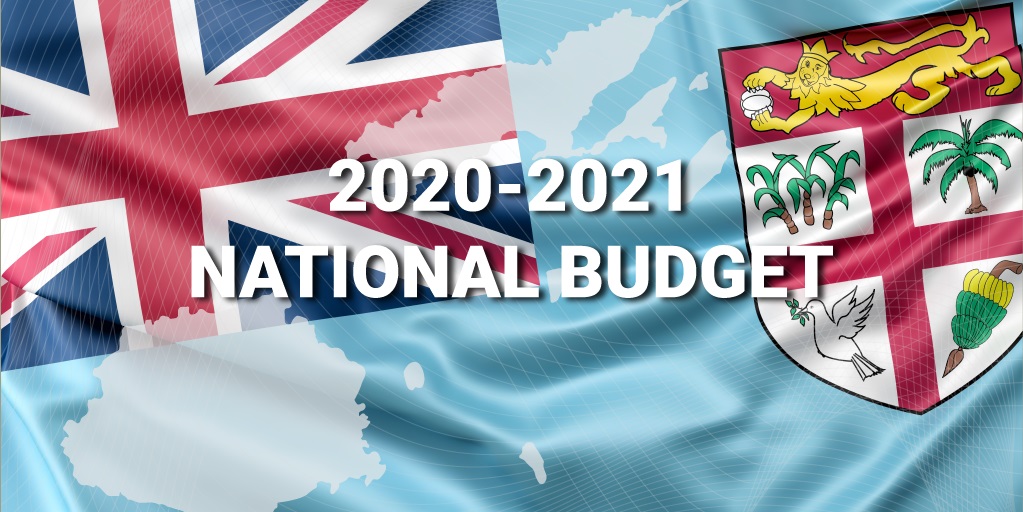A-G: $2b stimulus package to fund economic comeback

Picture: Fijian Government Facebook Page
By WANSOLWARA STAFF
The Fijian Government has announced a $2 billion stimulus package in the 2020-2021 National Budget to fund the country’s comeback from COVID-19’s economic impact.
And according to Minister for Economy Aiyaz Sayed-Khaiyum, they were projecting a $3.67b government spend through the next financial year, with revenues projected at $1.67b.
While announcing the National Budget on Friday, Mr Sayed-Khaiyum said Fiji’s deficit would be steep, at 20.2 per cent, pushing debt to gross domestic product (GDP) ratio to 83.4 per cent.
“As we know, the costs of doing nothing are far steeper. Like any sensible nation or business on Earth, we will be borrowing to make up the remaining difference in revenue,” he said.
“When a government borrows responsibly, it is no different. It’s an investment in our future. And when we can get loans at very concessional terms, we would be foolish not to seize the opportunity.
“This isn’t some debt trap; it’s the international financial system’s vote of confidence in the Fijian people and in our potential as a nation.”

He said the word “borrowing” had an all too predictable response from those who knew all-too-little about modern economics, distorting the facts to politicise proven economic analyses.
Rather than frame smart borrowing as an investment in the future, Mr Sayed-Khaiyum said some people claimed claimed it was a burden on children.
“But when we borrow prudently we allow our children to be educated, our communities to be connected to electricity, roads and jetties, and our economy to grow. Borrowing now to build for tomorrow means future generations can borrow less,” he said.
“And a growing economy with a skilled and educated workforce generates more than enough national wealth and tax revenue to repay debt and invest in the future.”
He said Fiji had successfully raised funds externally from a wide range of multilateral development banks (MDB), including the Asian Development Bank, the World Bank, International Monetary Fund, European Infrastructure Bank as well as the Asian Infrastructure Investment Bank.
“These MDBs have good reason to place faith in Fiji’s financial management. From last year, Fiji set out on a path of fiscal consolidation, no easy task in the face of continuous climate catastrophe,” he said.
“We laid out a detailed, policy-based pathway to a lower deficit which the MDBs resoundingly endorsed. in preparation for the USD 200 million bonds which will mature in October, Government has been parking money in a sinking fund, some are held domestically and some off-shore.
“In total, we’re talking about $450m, which is sufficient to cover the principal and interest rate to pay that loan on October 2, 2020.”
Meanwhile, the National Budget included measures to tackle unemployment as well as relief for water and electricity supply, and education.
Mr Sayed-Khaiyum said the National Budget presented a more streamlined system of revenue collection that lends ease and transparency to businesses while creating and sustaining jobs, and eliminating loopholes that led to corruption.
Some of the highlights of the National Budget included a 20 per cent pay cut for government ministers, 10 per cent pay cut for permanent secretaries, CEOs, heads of commissions and independent bodies, no pay cuts for civil servants, benefits for teachers, subsidized transportation to school, free medicine, healthcare and education, $20m unemployment relief and tax reductions.










